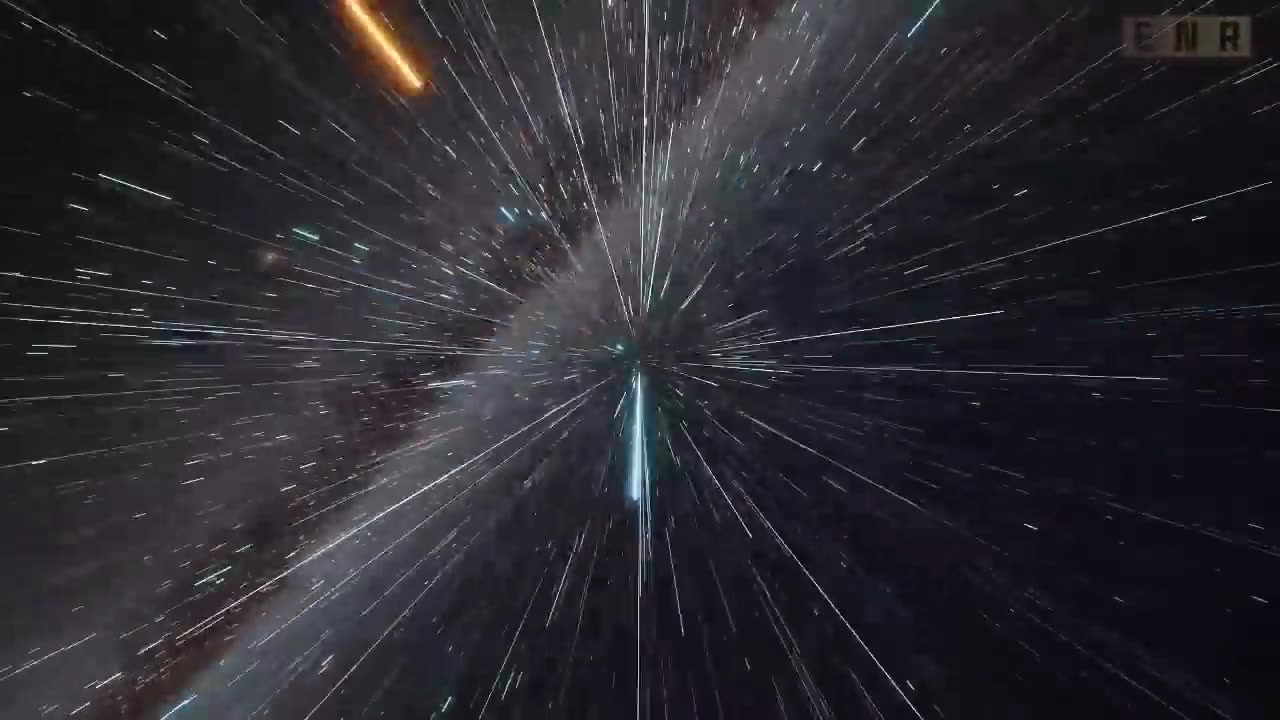Premium Only Content

OUR FASCINATING UNIVERSE- A JOURNEY THROUGH THE MARVELOUS OF GALAXY
The universe is a vast and ever-expanding place. It is estimated to contain billions of galaxies, each of which contains billions of stars. Our own galaxy, the Milky Way, is a spiral galaxy with a diameter of about 100,000 light-years.
The invention of the telescope in the early 17th century revolutionized our understanding of the universe. Before the telescope, we could only see the stars and planets with our naked eyes. The telescope allowed astronomers to see much fainter objects, and to study the structure of galaxies in much greater detail.
One of the most important discoveries made with the telescope was the discovery that the Milky Way is not the only galaxy in the universe. In the 1920s, Edwin Hubble discovered that the Andromeda Nebula is actually a separate galaxy, located about 2 million light-years from Earth. This discovery showed that the universe is much larger and more complex than previously thought.
Since then, astronomers have discovered billions of other galaxies, ranging in size from dwarf galaxies with just a few million stars to giant galaxies with hundreds of billions of stars. Galaxies come in a variety of shapes and sizes, including spiral galaxies, elliptical galaxies, and irregular galaxies.
The formation and evolution of galaxies is a complex process that is still not fully understood. However, it is thought that galaxies formed from the collapse of large clouds of gas and dust. As these clouds collapsed, they began to spin, and this spinning motion gave rise to the spiral arms of spiral galaxies.
Stars are born within galaxies, and they can play a significant role in the evolution of galaxies. When stars die, they can release large amounts of gas and dust into the galaxy, which can then be used to form new stars.
Black holes are also a common feature of galaxies. Black holes are formed when massive stars collapse at the end of their lives. Black holes can have a profound impact on the evolution of galaxies, as they can disrupt the orbits of stars and gas clouds.
The universe is a vast and mysterious place, and we are only just beginning to understand its full extent. However, the invention of the telescope has allowed us to make incredible progress in our understanding of the universe, and we can expect to make even more discoveries in the years to come.
Here are some key takeaways about the universe and galaxies:
* The universe is vast and ever-expanding.
* Galaxies are incredibly diverse, and come in all shapes and sizes.
* Stars are born and die within galaxies, and their remnants can shape the evolution of galaxies over time.
* Black holes are a common feature of galaxies, and they can have a profound impact on their evolution.
* The possibility of life on other galaxies is a tantalizing one, but there is no definitive evidence to support it.
* The multiverse hypothesis is a radical idea that challenges our understanding of the universe, but it is gaining increasing support among scientists.
-
 2:10:12
2:10:12
Badlands Media
1 day agoDevolution Power Hour Ep. 383: Epstein, Durham, and the Dictator Narrative
91.1K67 -
 2:40:10
2:40:10
DLDAfterDark
10 hours ago $0.43 earnedDLD Live! Feat. Red Dawn Readiness! Glock FRT's - Striker Fire Safety Concerns - ACE Trigger
34.1K5 -
 2:40:21
2:40:21
BlackDiamondGunsandGear
9 hours agoAre ALL Striker Fired Pistols UNSAFE? // After Hours Armory
49.5K12 -
 6:34:50
6:34:50
SpartakusLIVE
13 hours ago#1 Saturday Spartoons on RUMBLE PREMIUM
121K7 -
 1:04:59
1:04:59
Man in America
14 hours ago“Summoning the Demon” — The AI Agenda Is FAR WORSE Than We Know w/ Kay Rubacek
57.4K44 -
 2:16:48
2:16:48
Tundra Tactical
12 hours ago $0.13 earned🎯💥 The World’s Okayest Gun Show 🔫😂 | LIVE Tonight on Rumble!
39.6K1 -
 3:36:03
3:36:03
Mally_Mouse
1 day ago🌶️ 🥵Spicy BITE Saturday!! 🥵🌶️- Let's Play: Tower Unite!
63.5K3 -
 58:59
58:59
MattMorseTV
12 hours ago $1.70 earned🔴Trump just BROKE Newsom.🔴
82.6K95 -
 18:14
18:14
Her Patriot Voice
12 hours agoWho Is WORSE for NYC: Trump Girl or Socialist?
61.9K35 -
 3:39:42
3:39:42
SavageJayGatsby
12 hours agoSpicy Saturday with Mally! | Road to 100 | $300 Weekly Goal for Spicy Bites!
56.3K1